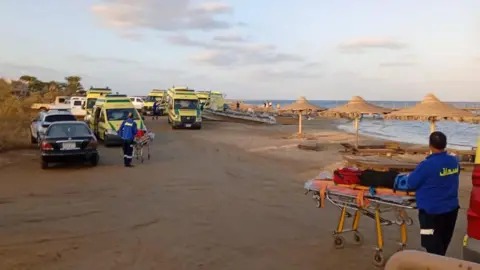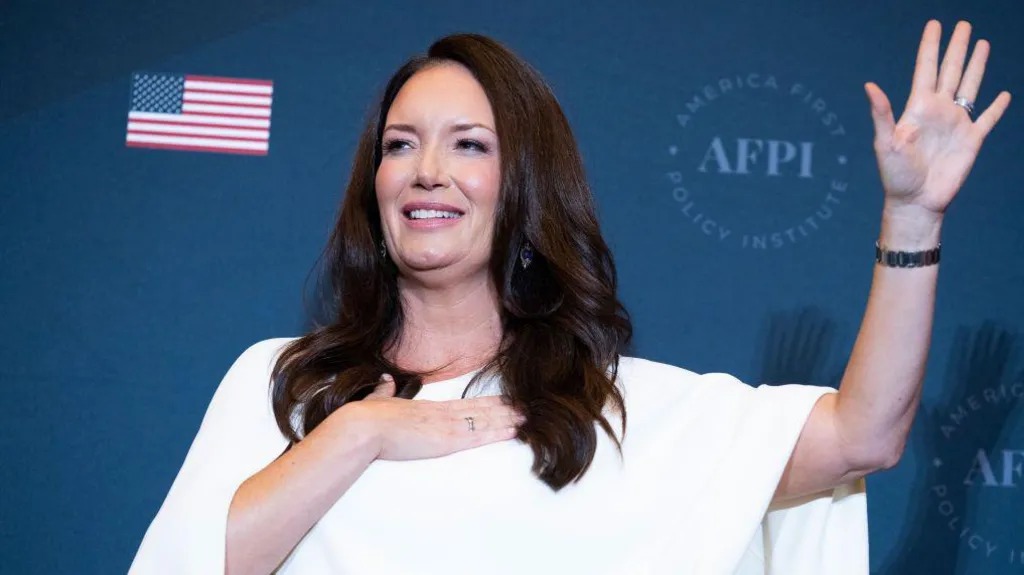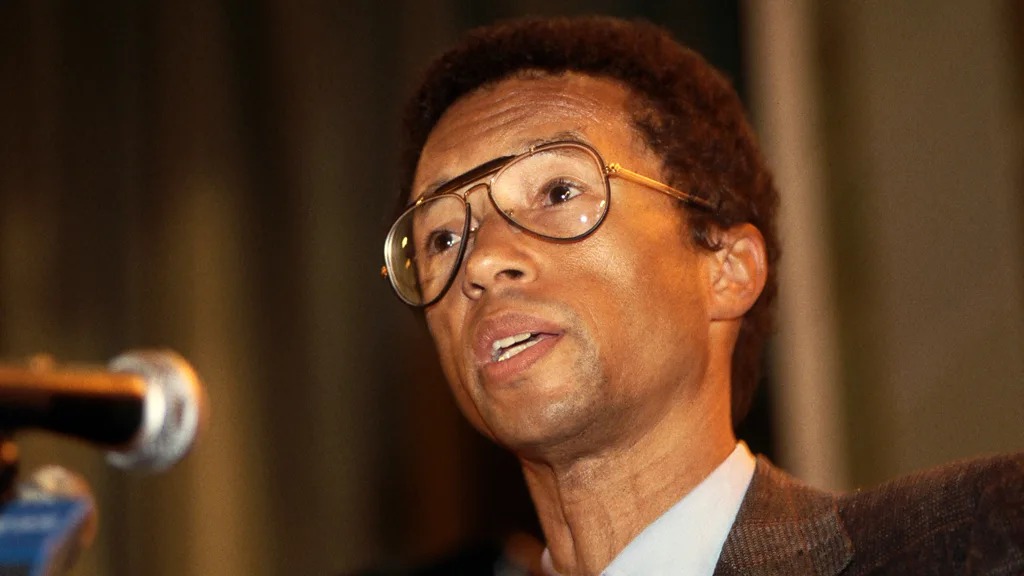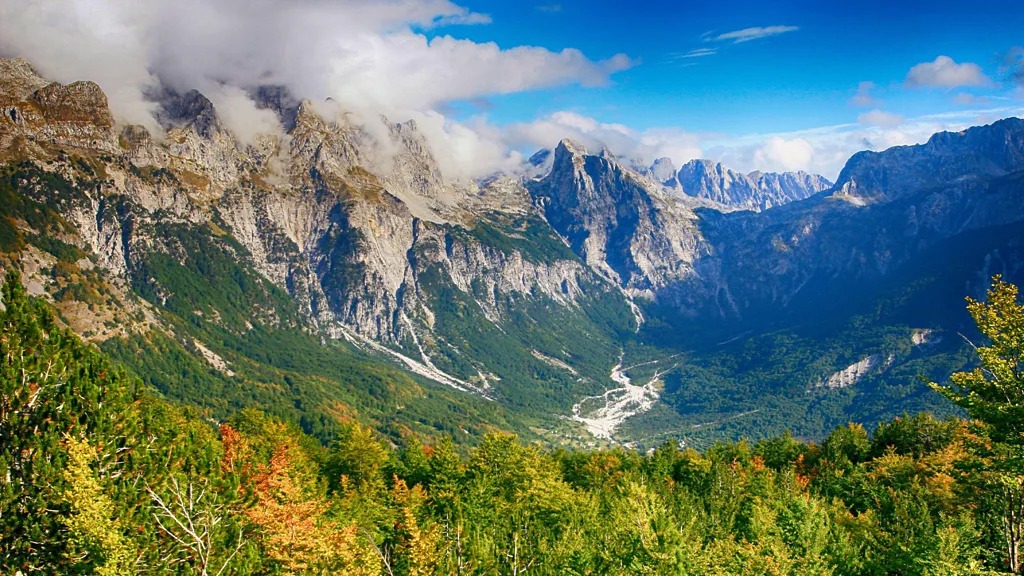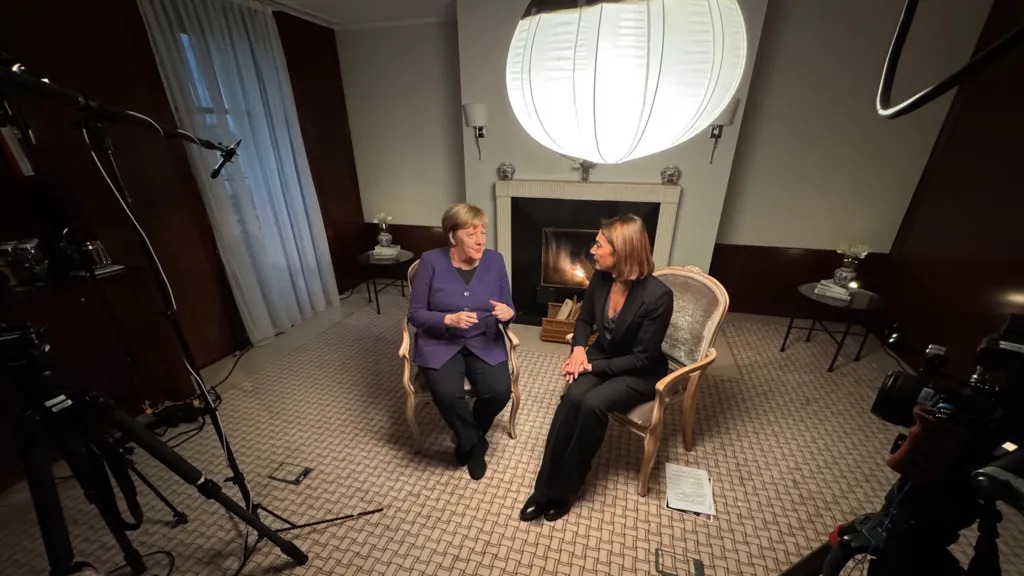
Merkel’s Stance on Russia and Ukraine
Angela Merkel’s tenure as Germany’s Chancellor involved complex geopolitical decisions impacting Europe’s relationship with Russia and Ukraine. Her controversial ties with Russia and decision to block Ukraine from NATO membership in 2008 have sparked ongoing debates on international strategy and security.
Merkel has defended her actions, arguing that preventing Ukraine’s NATO membership delayed an inevitable conflict with Russia and maintained European stability. The focus on Merkel Russia Ukraine NATO relations highlights the intricacies of balancing national interests with broader geopolitical implications.
During her leadership, Merkel fostered energy deals with Russia, including significant gas pipelines, which she claims benefited German economic interests and maintained peace. However, critics argue these ties strengthened Russia’s geopolitical leverage, contributing to its aggressive stance against Ukraine.
Merkel’s decisions continue to influence European politics, particularly in light of Russia’s full-scale invasion of Ukraine and the subsequent energy crisis. As Merkel Russia Ukraine NATO debates unfold, the strategic interplay between energy and security remains a critical topic.
Her legacy is further scrutinized within the context of domestic policies, notably her handling of the 2015 migrant crisis, which reshaped German and European political landscapes. Merkel’s approach has fueled right-wing parties’ rise, questioning her crisis management and long-term reform initiatives.
While Merkel defends her leadership choices, the impact of her policies on Germany’s economy and Europe’s political dynamics lingers. Current leaders face ongoing challenges, navigating a complex global environment marked by tensions with major powers like the US, Russia, and China.
For further insights into Merkel’s geopolitical strategies, explore resources from trusted sources such as the BBC and examine related analysis at Kenkou-Land.

